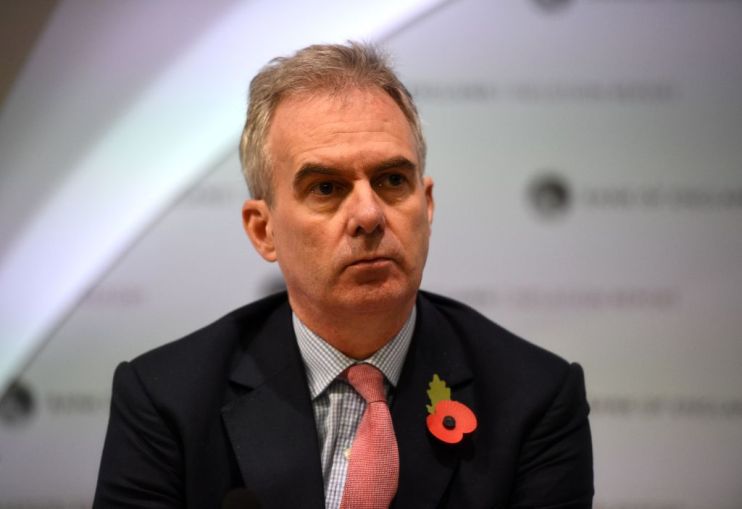Bank of England must weigh up negative interest rates, says deputy governor

Bank of England deputy governor Ben Broadbent has raised the possibility of negative interest rates in the UK, but said the BoE would have to think hard about the challenges they pose.
Asked about negative rates on CNBC, Broadbent said it was “a question that’s been thought about on and off since the financial crisis and it’s a balanced judgment”.
The Bank of England slashed interest rates in March to 0.1 per cent, a record low, in a bid to tackle the coronavirus crash. In its meeting last week, it chose to keep them on hold.
Although once unimaginable, negative interest rates have been put in place in various central banks around the world over the last decade. The European Central Bank (ECB), for example, charges banks to hold money with it in an effort to force them to lend.
Negative rates come with pros and cons. They help spur lending by penalising banks for sitting on money. But they also limit the profits banks can make through lending and the interest on savers’ deposits.
Broadbent, who is deputy governor for monetary policy, said: “These are the balanced questions the committee has to think about and … has been thinking about for the past decade.”
However, Bank of England governor Andrew Bailey said in March that he is “actually not in favour of negative interest rates”.
Should the Bank decide to unleash more stimulus, most analysts think it will ramp up its £645 billion quantitative easing (QE) programme. Under QE, the Bank creates digital money and uses it to buy bonds – mainly government Gilts – in the secondary market.
Broadbent said it is “quite possible that more monetary easing will be needed over time”.